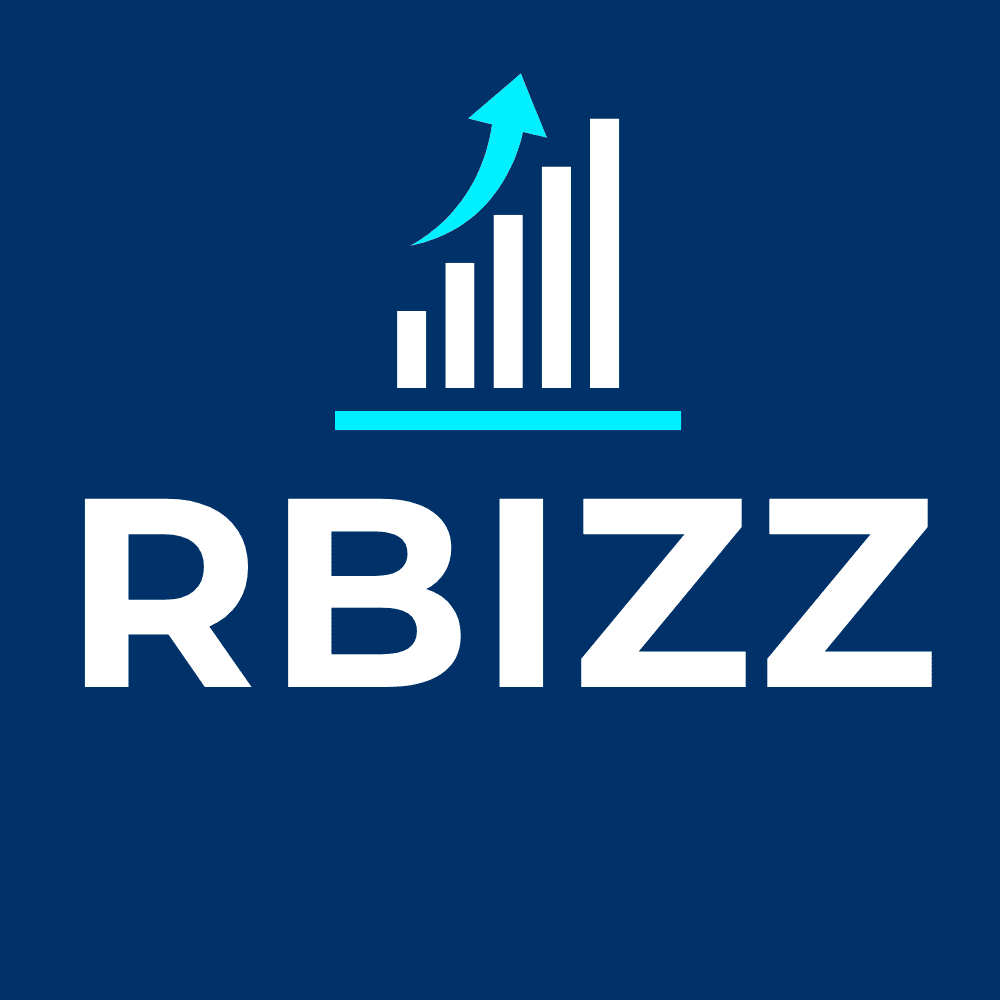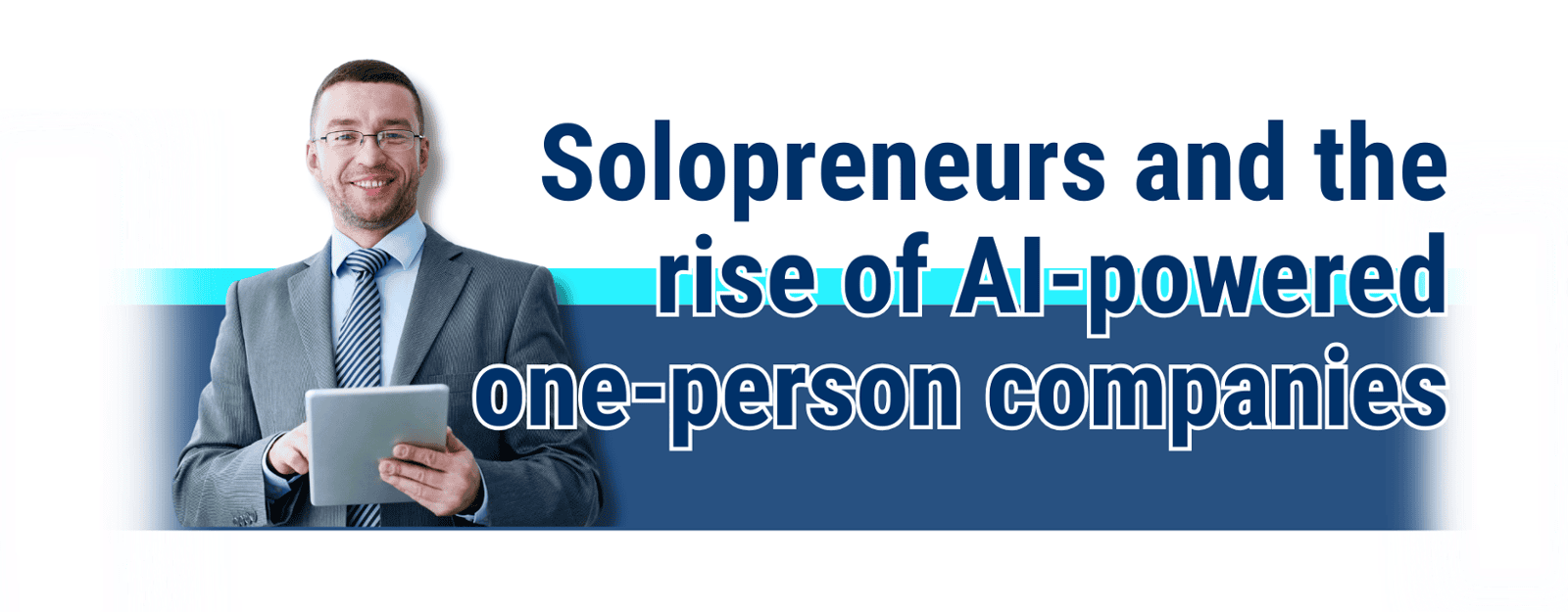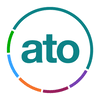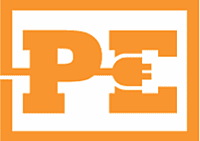Can you build a viable one-person business?
A solopreneur running a complete and viable one-person business is no longer a pipedream.
Sam Altman, the co-founder of Open AI, was recently quoted as saying that a one-person, billion-dollar business could be possible by 2026-2028, using tools like GPT-5 and the other generative AI tools that allow individuals to create and manage AI agents.
The idea that one person, a solo CEO and entrepreneur, could generate that kind of capital on their own, would have seemed crazy less than a decade ago. But with the power of AI and the accessibility of flexible coding tools and AI agents, it’s actually a real possibility.
Let’s look at how a one-person business could work, and how the basic business model differs from the traditional tech start-up model that we’ve known for so many decades.
How the old startup business model worked
Technology and software-based business models have been with us since the 1970s. Software has brought us into the digital age and given us a host of new tools to play with. And delivering a software-based business model has had a fairly standardised model.
Generally speaking, you will:
- Have your initial idea for a software product
- Write a business plan
- Look for funding (whether private or public)
- Hire a small team and start the business
- Develop and launch the product
- Find and convert your customer audience
- Refine the product and scale the business
- Generate revenues and make a profit (if you’re lucky!)
This is the old model. It works, but it’s slow to scale, needs multiple people and requires significant funding to make it work.
How a one-person business model works
There are multiple differences between the old start-up model and a one-person, solopreneur business model. The one-person model is predicated on the foundations of artificial intelligence (AI) and its ability to remove the staffing needs and automate your processes.
Typically, with a one-person model you would:
- Start with finding an audience – likely using a social platform to connect with potential customers
- Discover the needs of this audience and develop your business idea
- Create a basic coded version of your product/service idea using AI (vibe coding)
- Launch the product and refine it based on audience feedback
- Build a tangible community around your product
- Build AI agents that can be tasked with automating every aspect of service delivery
- Scale the business quickly and increase your audience exponentially
- Generate fast-growing revenues and hit your aspirational profit targets
The new model is less reliant on people and faster to grow. It can be controlled, in theory, by one solopreneur with the skills to utilise AI, create basic coding and find the right business idea.
What’s the true opportunity of the one-person business?
The true opportunity of the one-person business is to be able to found, operate and scale your business idea without any of the traditional foundations of a tech start-up.
- You don’t need a huge team – in fact you might be able to run the entire enterprise yourself
- Your delivery is entirely digital – so there’s no need for physical production processes
- Your overheads are negligible, increasing your profit margins and revenues
- AI agents can scale easily as the customer demand grows
- Automation and AI removes the need for you to work ‘in the business’
- As the solopreneur, you guarantee yourself an income and lifestyle.
What are the potential downsides of the one-person business?
The idea of being able to generate thousands, millions or even billions of dollars from a business where you’re the only human employee might seem like utopia to some.
But as with any utopian dream, there are potential issues and downsides to the solopreneur dream of creating a one-person, billion-dollar business.
Here are some possible outcomes to consider:
- You could over-automate and lose connection with your customers
- Your tech may break, failing to operate and scale as intended
- Your AI agents may produce garbage outcomes and ‘AI slop’
- You may feel the pressure of running the business solo, with no other founders
- You may miss the social aspect of being part of a human team
Sam Altman’s dream of a one-person, billion-dollar business may become a reality over the coming years. With the speed of AI development, it’s more than possible.



































